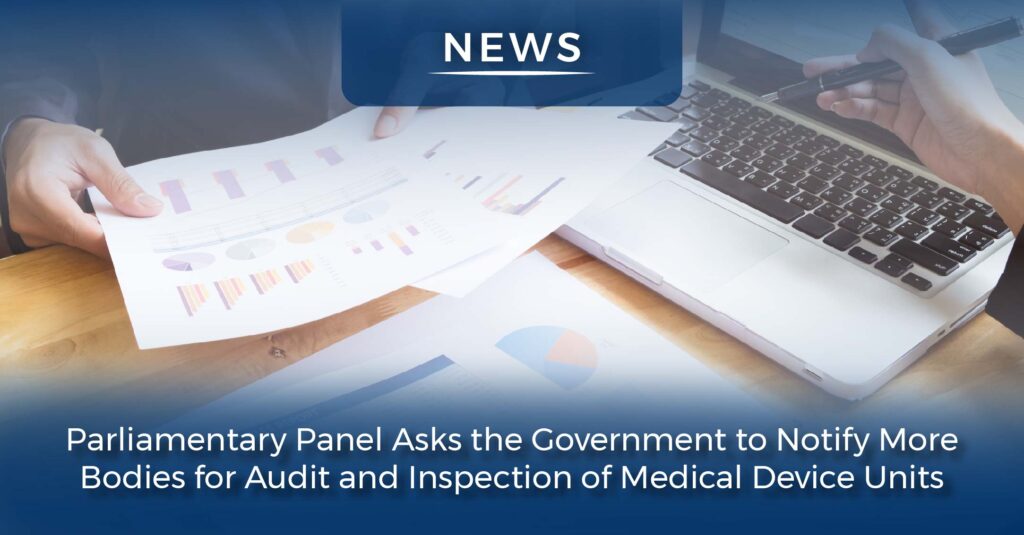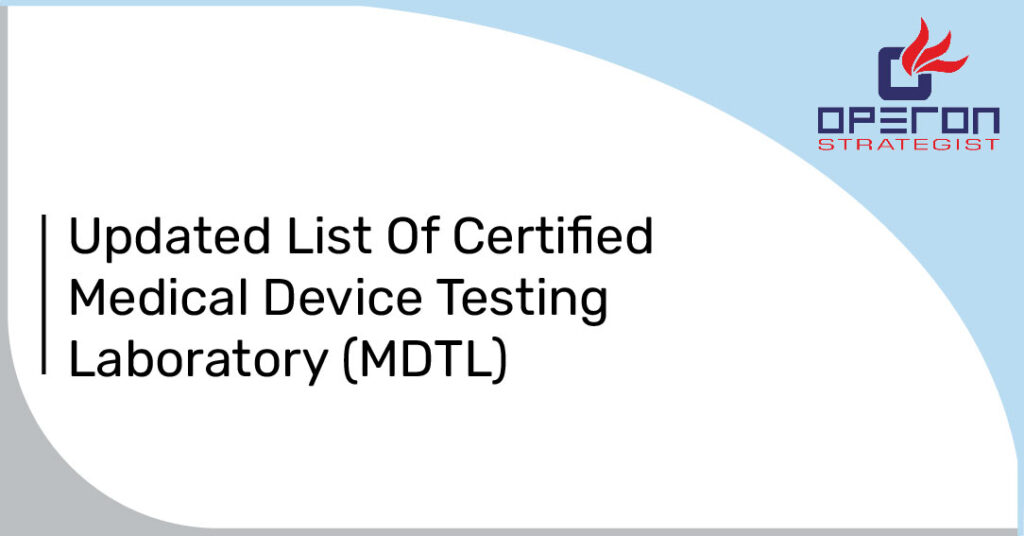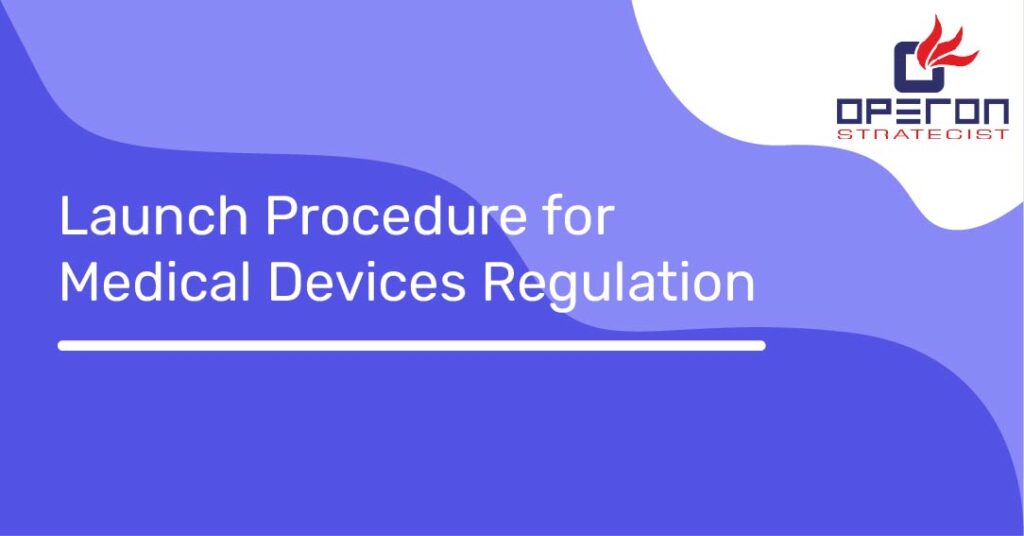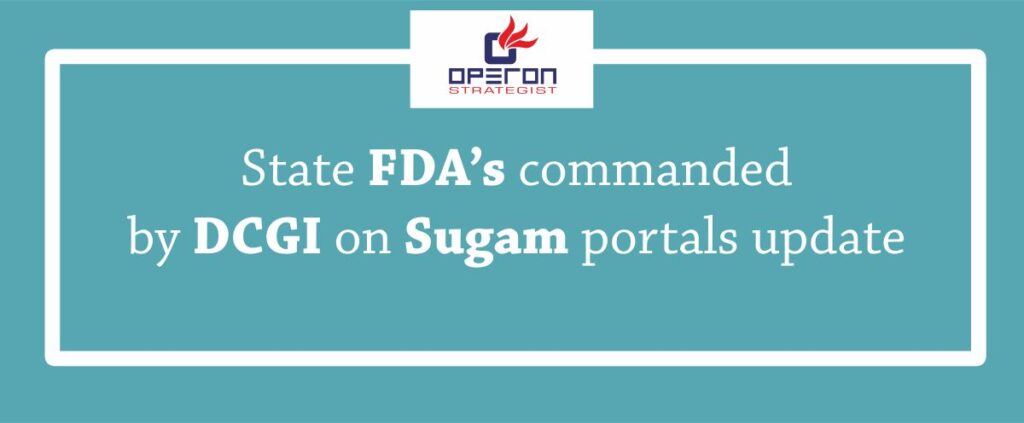Introduction:
A recent report by a Parliamentary Panel has highlighted concerns regarding the insufficient number of notified bodies available for auditing and inspecting medical device manufacturing units in the country. The panel emphasized the necessity of prompt action in notifying more bodies and ensuring thorough inspections to maintain quality standards in the medical devices industry.
Panel's Dissatisfaction with Current Situation:
The Parliamentary Panel, headed by Lok Sabha member Dr. Shashi Tharoor, expressed dissatisfaction over the limited number of notified bodies assigned to audit and inspect medical device manufacturing sites. With only 13 such bodies in operation, the panel stressed the need for immediate measures to enhance this capacity and equip these bodies adequately to handle the critical task of ensuring quality, safety, and efficacy of Class A&B medical devices manufactured domestically.
Looking for a Medical Device Regulatory Consultant
Let’s have a word about your next project
Concerns Raised by the Committee:
Highlighting the crucial role of Notified Bodies in maintaining quality standards, the Committee urged for an increase in their numbers and the provision of suitable technical infrastructure and manpower to effectively carry out audit functions. Additionally, it emphasized the importance of ensuring that Central Medical Device Officers are well-equipped and trained to conduct audits for Class C&D medical devices.
Regulatory Framework and Licensing Process:
Under the Medical Device Rules, 2017 formulated under the Drugs and Cosmetics Act, 1940, the Department of Health and Family Welfare oversees the regulation of medical devices’ quality, safety, labeling, and performance. The Central Drugs Standard Control Organization (CDSCO) regulates the import and manufacture of Class C&D medical devices, while State Licensing Authorities (SLA) are responsible for Class A&B medical devices’ manufacture, sale, and distribution.
Licensing Process Status:
According to the Department of Health, out of 3,413 manufacturing license applications received, 2,262 have been approved thus far. The panel ensured that manufacturers with pending applications would be allowed to sell their products for the next six months without penalties. Emphasizing a time-bound approach, the Committee aimed to expedite the issuance of licenses for all types of medical devices.
Implementation of Regulatory Changes:
Non-notified medical devices are now under regulation as per the Ministry of Health & Family Welfare Notification GSR 102(E) dated February 11, 2020. Class A and B medical devices came under the licensing regime from October 1, 2022, followed by Class C & D medical devices from October 1, 2023. Manufacturers must obtain licenses from CDSCO or State Licensing Authorities for manufacturing and marketing any type of medical device.
This parliamentary scrutiny highlights the importance of stringent oversight in the medical devices sector to ensure patient safety and maintain high-quality standards in the industry.
For Ensuring Regulatory Compliance and Quality for Your Medical Devices.
Streamline Regulatory Compliance with Operon Strategist
Are you a medical device manufacturer seeking seamless regulatory compliance? Operon Strategist is your trusted partner. We specialize in providing consultation for CDSCO manufacturing licenses, CDSCO import licenses, medical device QMS, and all regulatory consulting services tailored to the medical devices industry. With our expert guidance, ensure your products meet the highest quality standards and stay ahead in this dynamic field. Contact us today to streamline your compliance journey.
Operon Strategist: Your expert partner for medical device compliance and quality.

-
Operon Strategisthttps://operonstrategist.com/author/snehal/
-
Operon Strategisthttps://operonstrategist.com/author/snehal/
-
Operon Strategisthttps://operonstrategist.com/author/snehal/
-
Operon Strategisthttps://operonstrategist.com/author/snehal/




